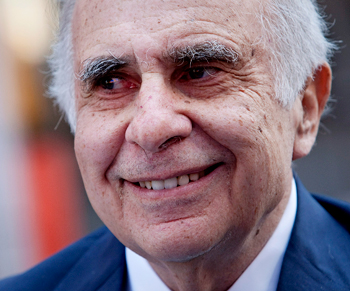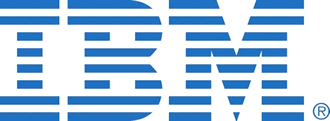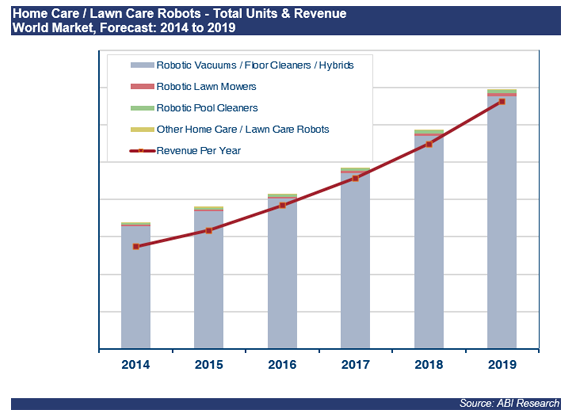 Network equipment maker Cisco reported stronger than expected quarterly revenue and profits as demand for switching equipment and routers picked up.
Network equipment maker Cisco reported stronger than expected quarterly revenue and profits as demand for switching equipment and routers picked up.
Cisco has been trying to move towards a new cycle of high-end switches and routers.
Its switching business, which makes products that handle traffic at large internet data centres, netted 39 percent of Cisco’s total hardware revenue in 2014, while the router business accounted for about 21.2 percent.
This means that the outfit is seeing robust switching sales, which is good news for other outfits in the sector such as Infoblox, Gigamon and F5 Networks which should also be doing well.
Rvenue from Cisco’s hardware business rose 7.8 percent to $9.08 billion in the company’s second quarter ended Jan. 24.
Revenue from services, which includes the company’s software and cloud offerings, rose 4.6 percent to $2.86 billion.
So analysts think that Cisco has put the worst behind it and should start returning to the days when it was a blue chip investment.
Chief Executive John Chambers said that the quarter showed the best balance of growth across all of the company’s geographies, products and segments,.
Cisco said its net profit rose to $2.4 billion in the quarter from $1.43 billion, a year earlier. Total revenue rose seven percent to $11.94 billion.
Analysts on average had expected a revenue of $11.8 billion.
Kramer added that while Cisco has made progress in the second quarter, the company will continue to be affected by headwinds from emerging markets and telecom service providers.
The company also forecast revenue growth of 3-5 percent.




















